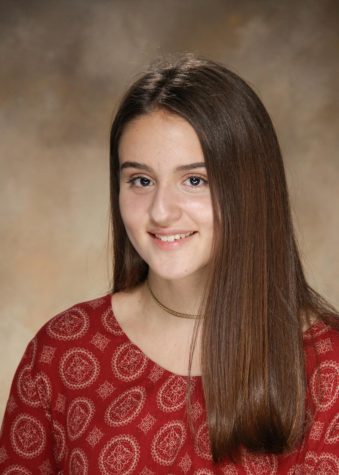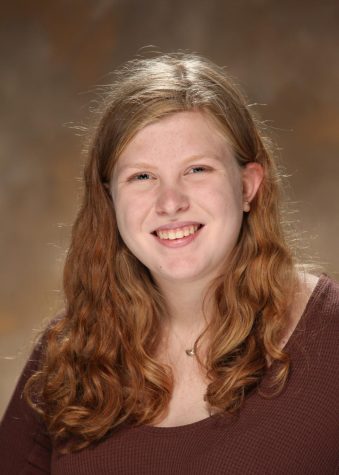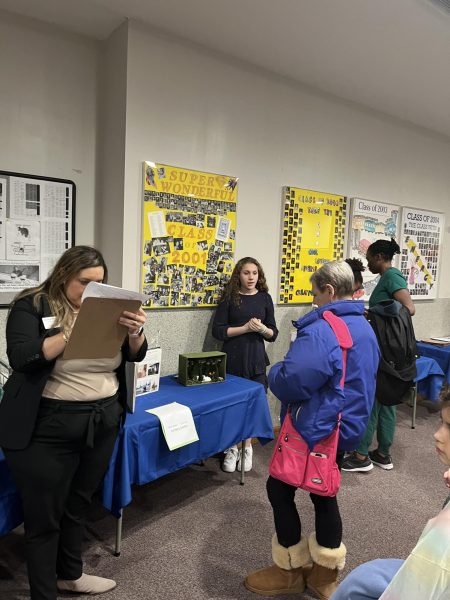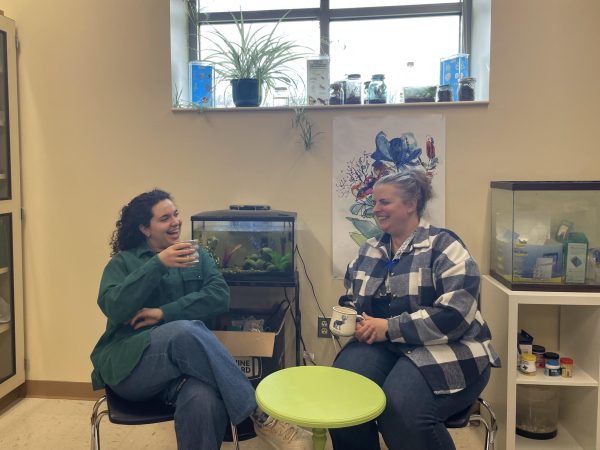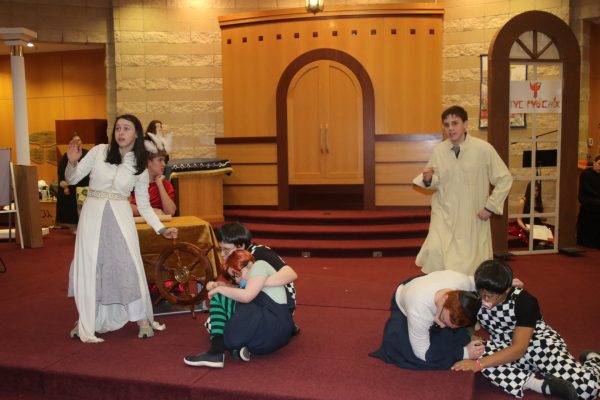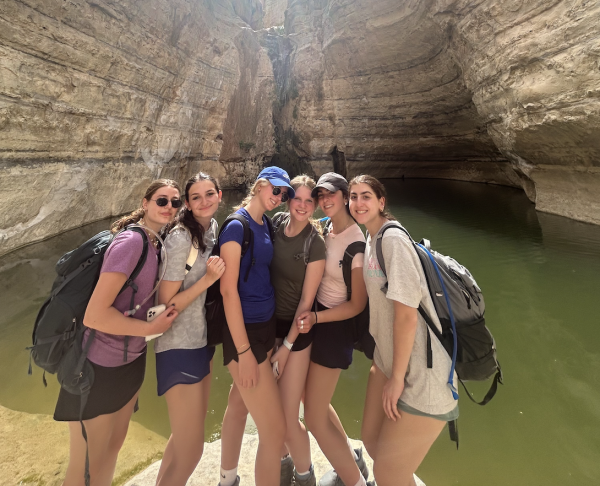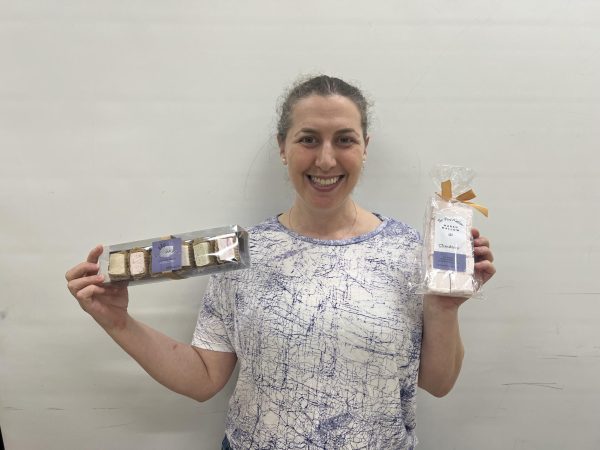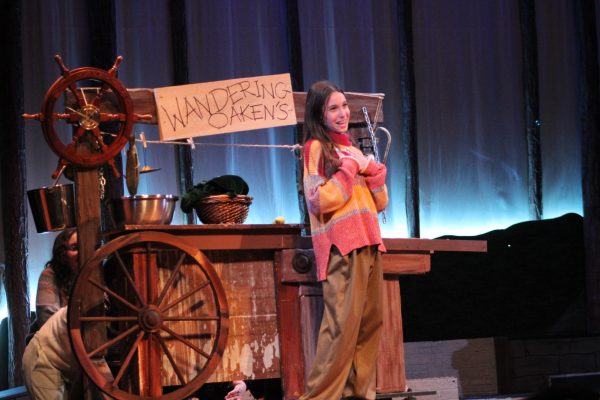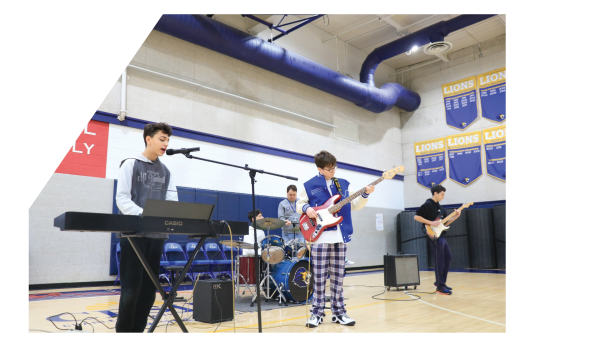Science with religion
A fresh perspective on an age-old debate
Most schools do not have a Beit Midrash. Even fewer schools have a Beit Midrash and a Science department office separated by a single hallway.
According to Academic Dean Aileen Goldstein, one of CESJDS’ goals is to be involved in both the Jewish community and in the academic world. To do so, JDS incorporates courses dedicated to science and religion into its curriculum.
“There is not a protocol regarding a balance of religion and science in the school, but we really do encourage the questioning and conversation around it,” Goldstein said.
Junior Avital Krifcher struggles with this balance and feels that a perfect one cannot be reached. As a self-described religious Jew, she feels extremely connected to Judaism, but chooses to focus more on science when the two contradict.
“The guidelines and the morals that the Torah creates are meant to be, I think, fitted to the person who is following them,” Krifcher said. “However, science is facts. There are undeniable scientific facts, and so I guess that is one way in which I have managed to balance it.”
Krifcher credits Science teacher Nick Miller with influencing her perspectives on scientific and religious beliefs. Unlike Krifcher, however, Miller believes that science and religion are directly intertwined, so finding a balance between the two is not a difficult task.
“Nature reveals the mind of God to us,” Miller said. “Its beauty, its order, its complexity, that all is a reflection of God. It’s like we see God in a mirror through nature and in a mirror through the Torah, so both of them are revelatory to me.” Nature reveals the mind of God to us. Its beauty, its order, its complexity, that all is a reflection of God. It’s like we see God in a mirror through nature and in a mirror through the Torah, so both of them are revelatory to me. — science teacher Nick Miller
While Miller is drawn to both science and religion, freshman Abby Elson, who grew up in a observant household, has always felt that she has a religious outlook on life. She credits her Judaic reasoning with the fact that she has gone to a Jewish day school and practiced Judaism her entire life.
Though Elson gravitates more toward Judaism, she feels that the actual content of scientific and religious classes can be taught in tandem. For example, she believes in both the Judaic creation story and in evolution, and she feels that they do not have to contradict each other.
Elson, who attended a Jewish day school in San Diego, feels that JDS does a better job than her old school of letting students construct and discuss their personal opinions on Judaism and their Jewish identities. She thinks, however, that the school as a whole could improve on respecting scientific beliefs within Jewish classes.
“In any general Jewish texts class, we obviously only study the Tanach or other Jewish texts, and usually take it fairly literally and think about what the words themselves mean as opposed to how it realistically could have happened,” Elson said.
Miller believes that although JDS is a Jewish institution, the school has found a way to incorporate a science program that not only works alongside the religious program, but can be tied into the school’s religious teachings.
To Miller, this was further exemplified when he attended a program in San Francisco run by Search Extraterrestrial Intelligence and NASA about teaching evolution. He was the only teacher from a religious school, and the other teachers in the program were shocked that JDS was able to integrate religion and science within the school’s curriculum.
“It was hard for them to understand because in their communities the science people and the religion people are at each other’s throats,” Miller said. “Here, we’re more sophisticated.”
According to Goldstein, as a pluralistic school, JDS has the duty to respect everyone’s opinions, whether they discredit Judaism or not. This has led JDS to try to adopt a hands-off approach, where the school allows students to form their own thoughts about Judaism, as opposed to just teaching them a specific outlook on how religion and science interact.
“One of the things that is beautiful in being in a pluralistic school like this is that we really promote the critical thinking and the questioning,” Goldstein said. “Questioning is so big in Jewish tradition, and it is so much of what we encourage in your general studies and in your Judaic studies at the school.”
